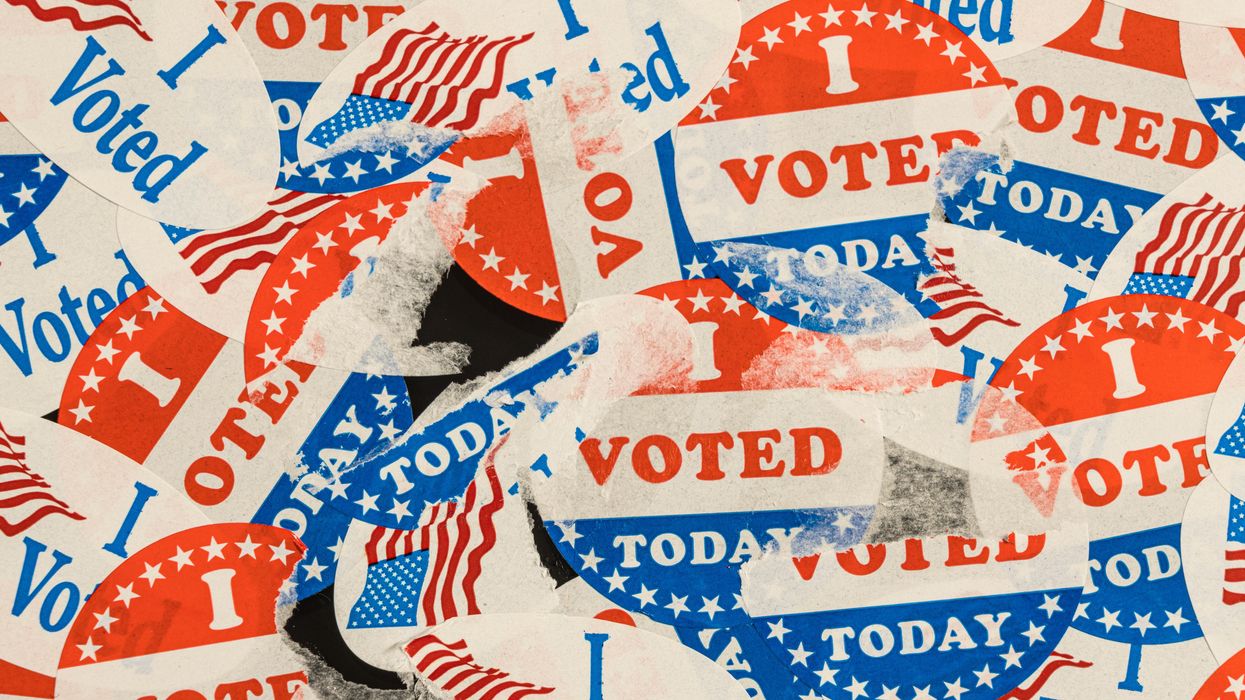When public figures take actions that contradict both expert consensus and common sense, we’re left to wonder: What are they thinking?
Two recent examples—Donald Trump’s sweeping tariffs and Robert F. Kennedy Jr.’s anti-vaccine rhetoric—illustrate the puzzling nature of such choices.
At the start of his second term, Trump imposed “reciprocal” tariffs on imports from China and 180 other countries, disregarding near-unanimous warnings from economists that such measures would raise prices, disrupt supply chains, and stoke inflation. Yet he insisted the tariffs were “the greatest,” and declared, “trade wars are good, and easy to win.”
Similarly, Health and Human Services Secretary RFK Jr. has long clung to debunked theories linking vaccines to autism, a claim repeatedly disproven by large-scale studies. Under his leadership, vaccination rates have declined nationwide. In Texas, vaccine exemptions have surged, resulting in more than 700 measles cases this year, with 13% requiring hospitalization and two deaths—despite the disease being declared eliminated in the U.S. two decades ago.
Both leaders trusted their instincts, dismissing expert consensus even as the evidence—and human consequences—contradicted them
So, what explains their unshakable confidence in the face of overwhelming data to the contrary? Critics often assume ego, stubbornness, or simply stupidity. But psychological research presents a deeper explanation, one that doesn’t just apply to politicians and public figures, but to clinicians, as well.
The Bias Behind Overconfidence
Psychologists refer to it as the Dunning-Kruger effect: a cognitive bias that causes people to overestimate their competence in areas where they lack sufficient expertise.
First described by David Dunning and Justin Kruger in 1999, the phenomenon is observed across various professions and fields of study. People in these circumstances not only perform poorly, but they also struggle to recognize their own shortcomings. Paradoxically, they rate their abilities higher than those with far more training and experience.
A striking example comes from a 2018 study in Science Advances, which shows that judges are less accurate than statistical algorithms in predicting recidivism. Despite years of legal experience, judges often miscalculate a defendant’s risk of committing another crime. In direct comparisons, AI risk-assessment tools outperformed judges—yet most continue to trust their guts over the data.
This is the Dunning-Kruger effect in action: individuals follow their intuition while objective evidence contradicts their personal judgment.
Even Medical Experts Get It Wrong
Physicians see themselves as champions of science and providers of well-reasoned, evidence-based care. They are among the most highly trained professionals and have been quick to criticize the unscientific approaches of leaders like Trump and Kennedy.
Yet when it comes to their own medical practice, doctors are vulnerable to the same psychological trap. Research indicates that most individuals overestimate their effectiveness and tend to rely on intuition, particularly in the management of chronic diseases.
In the United States, conditions like type 2 diabetes, hypertension, and high cholesterol are manageable. Yet they remain poorly controlled in one out of three patients. These illnesses may not be immediately fatal, but their consequences—heart attacks, strokes, kidney failure, and cancer—are among the leading causes of death. According to CDC estimates, improved management of chronic conditions could reduce the incidence of these deadly complications by 30% to 50%.
In medical school and training, physicians learn about the dangers of failing to effectively control chronic diseases. Yet in their practice, most believe their outcomes are better than the national averages. The data suggests otherwise.
A review published in Medical Decision Making found that excessive confidence among physicians leads to treatment delays and missed opportunities for intervention. In chronic disease care, this is known as clinical inertia: the failure to adjust therapy when a condition remains uncontrolled. Doctors often blame patient nonadherence, but experts estimate that clinical inertia is the biggest factor, contributing to 80% of heart attacks and strokes (secondary to inadequately controlled chronic disease).
Too often, physicians overlook evidence-based protocols, thereby delaying necessary medication adjustments. Instead of acting promptly, they wait for the next visit, assuming there will be time to intervene. But when that opportunity slips by, delays compound, treatment never advances, and patients suffer the consequences
While doctors face many daunting obstacles—relentless productivity demands, inadequate reimbursement for preventive care, and patients who struggle to follow treatment plans—they also fail to see how cognitive bias contributes to the problem
Steps To Recognize, Reduce Bias In Care
Overcoming the Dunning-Kruger effect in medicine requires data, curiosity, and action. Here are three steps that healthcare professionals (and patients) can take to improve clinical outcomes and confront bias:
1. Evaluate your own data. Self-assessment begins with facts. Choose a sample of patients with hypertension, diabetes or heart failure. Estimate how many have their condition under control. Then compare your assumptions to the actual figures. Benchmark against national data. The gap is likely to be wider than you expect.
2. Investigate the gaps. For patients whose conditions remain uncontrolled, treat the problem like a diagnostic puzzle. Was the right medication prescribed? When was the last dose adjustment? Is the patient taking it (nearly a third of prescriptions go unfilled each year)? If adherence is in doubt, have you had that conversation with your patient?
3. Use generative AI as a shared tool for improvement. AI platforms can support both doctors and patients in managing chronic diseases more effectively. Clinicians can recommend generative AI tools to help patients better understand their conditions, explore lifestyle changes, and learn what constitutes adequate disease control. Likewise, patients can use generative AI to track their health data (e.g., blood pressure, glucose levels), assess whether their condition is on track, and, if not, raise the issue with their doctors.
The Dunning-Kruger effect affects everyone, including presidents, healthcare leaders, judges, and physicians. When clinicians fail to confront their own blind spots, thousands of people die prematurely, and medical costs soar. Overcoming cognitive bias is difficult, but when it comes to chronic disease, the price of inaction is far greater.
Robert Pearl, the author of “ ChatGPT, MD,” teaches at both the Stanford University School of Medicine and the Stanford Graduate School of Business. He is a former CEO of The Permanente Medical Group.





















